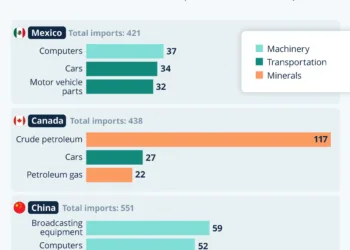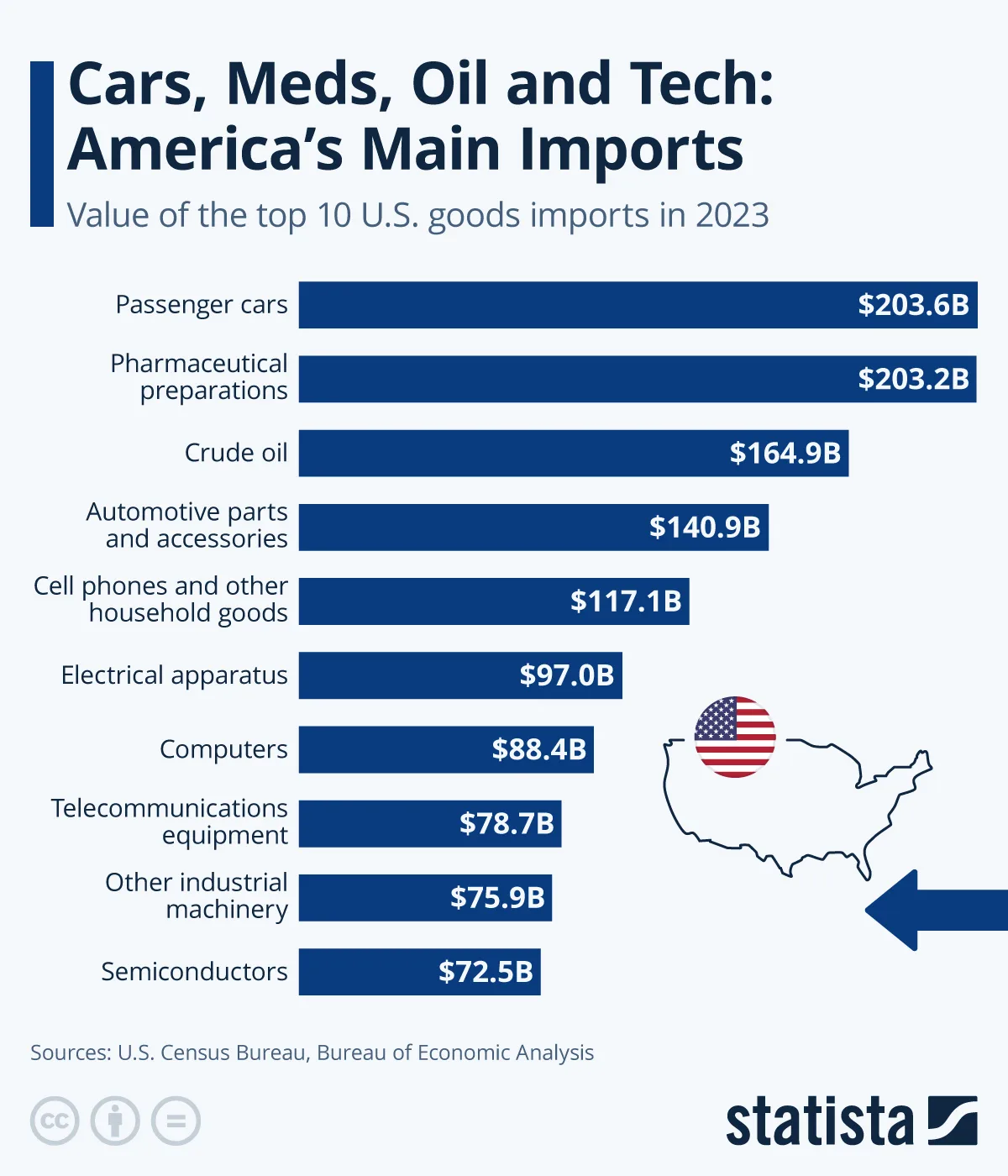Is the U.S. Pulling Away from China Economically?
The economic relationship between the United States and China has long been characterized by mutual dependency, competition, and tension. As Americans head to the polls to choose their next president, the implications of the election outcome loom large, particularly in terms of U.S.-China relations and economic policies.
The Current State of U.S.-China Relations
The Presidential Election Impact
The upcoming presidential election is poised to significantly influence the future of U.S.-China relations. If Vice President Kamala Harris is elected, continuity in foreign policy is expected, given her integral role in the Biden administration. In contrast, a second term for Donald Trump could herald a dramatic shift characterized by increased unpredictability and potential escalation of existing tensions, particularly in trade relations.
The Trade War and Its Consequences
Donald Trump has consistently hinted at intensifying the trade war, including discussions of imposing tariffs as high as 60% on imports from China. Such a move would represent a seismic shift in economic relations, compelling U.S. companies to reevaluate their supply chains and adapt to a new landscape of costs and regulatory challenges.
Trends in U.S.-China Trade
Declining Trade Deficit
Recent statistics reveal that the U.S. trade deficit in goods with China has decreased substantially, reaching its lowest level since 2010. In 2022, imports from China plummeted by over $100 billion from previous levels, demonstrating a significant change in trade dynamics. The deficit dropped more than 25% to $279 billion in 2023, a clear indication of the ongoing economic tensions and the impact of policies aimed at reducing reliance on Chinese imports.
Diversification of Supply Chains
In response to these tensions, many companies are actively pursuing strategies to diversify their supply chains. This includes relocating final assembly processes to other Asian countries or sourcing materials from alternative non-Chinese suppliers. Such moves are indicative of a broader trend towards economic decoupling, reflecting concerns over dependency on a single nation for critical components and goods.
The Role of E-Commerce in Trade Dynamics
The Rise of Direct Consumer Shipping
Another critical factor affecting the U.S.-China trade relationship is the increasing prevalence of Chinese e-commerce platforms, such as Temu. These platforms have begun to ship large quantities of packages directly to U.S. consumers while exploiting the de minimis exception, which allows goods valued at less than $800 to enter the United States without incurring tariffs.
This phenomenon suggests that the true scale of imports from China may be higher than what official trade data indicates. As these platforms continue to thrive, they could reshape the landscape of U.S.-China economic relations, complicating efforts to gauge actual dependency on Chinese goods.
Conclusion: The Future of U.S.-China Economic Relations
As we examine these trends emerging in U.S.-China relations, it becomes clear that the outcome of the upcoming presidential election could significantly alter the economic landscape between these two powerhouses. The complexities of trade deficits, supply chain dynamics, and the influence of emerging e-commerce platforms all contribute to an intricate web that defines the current economic context. The shifting tides in U.S.-China relations warrant close attention as policymakers and businesses alike strategize for an uncertain future.










